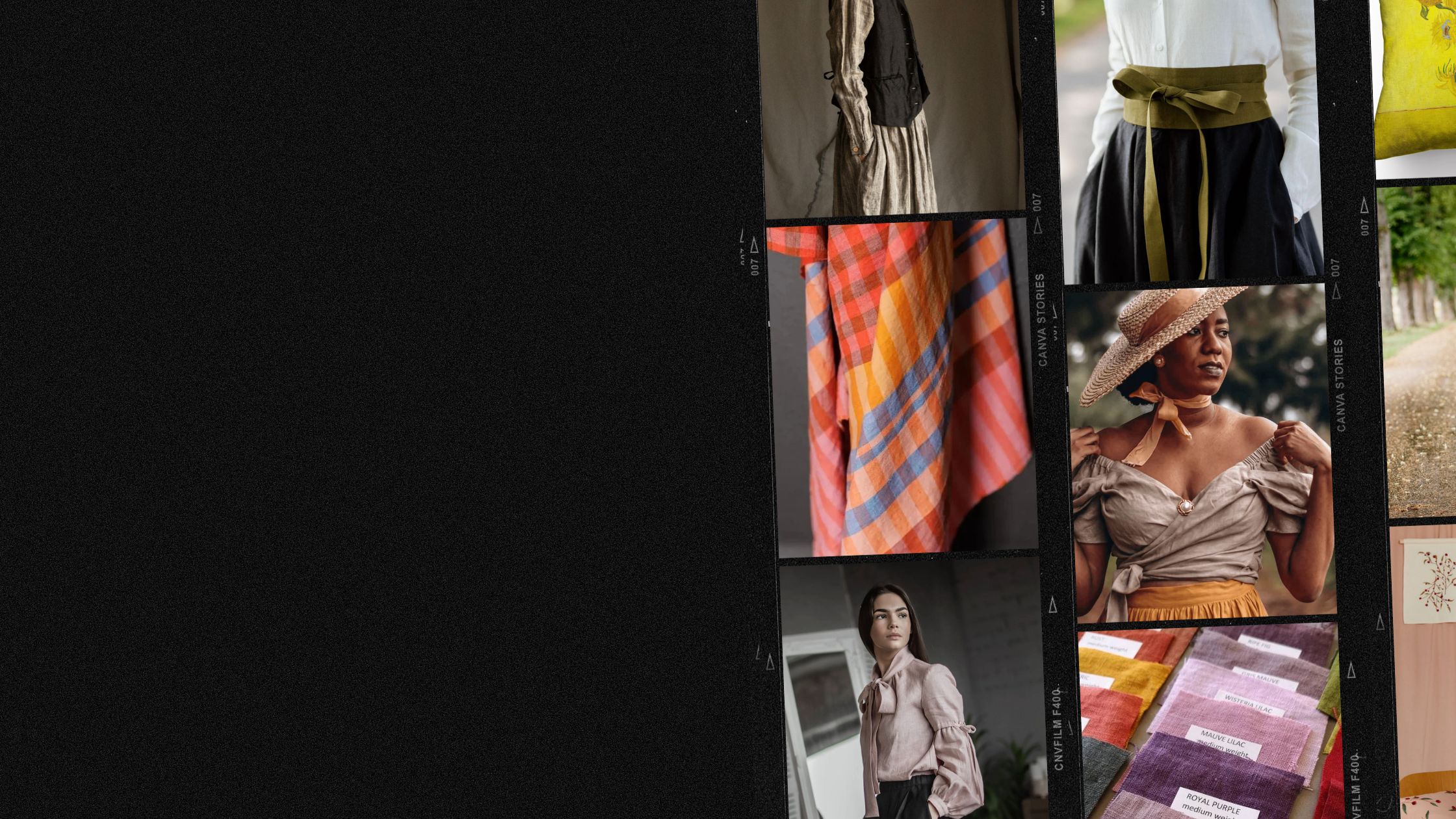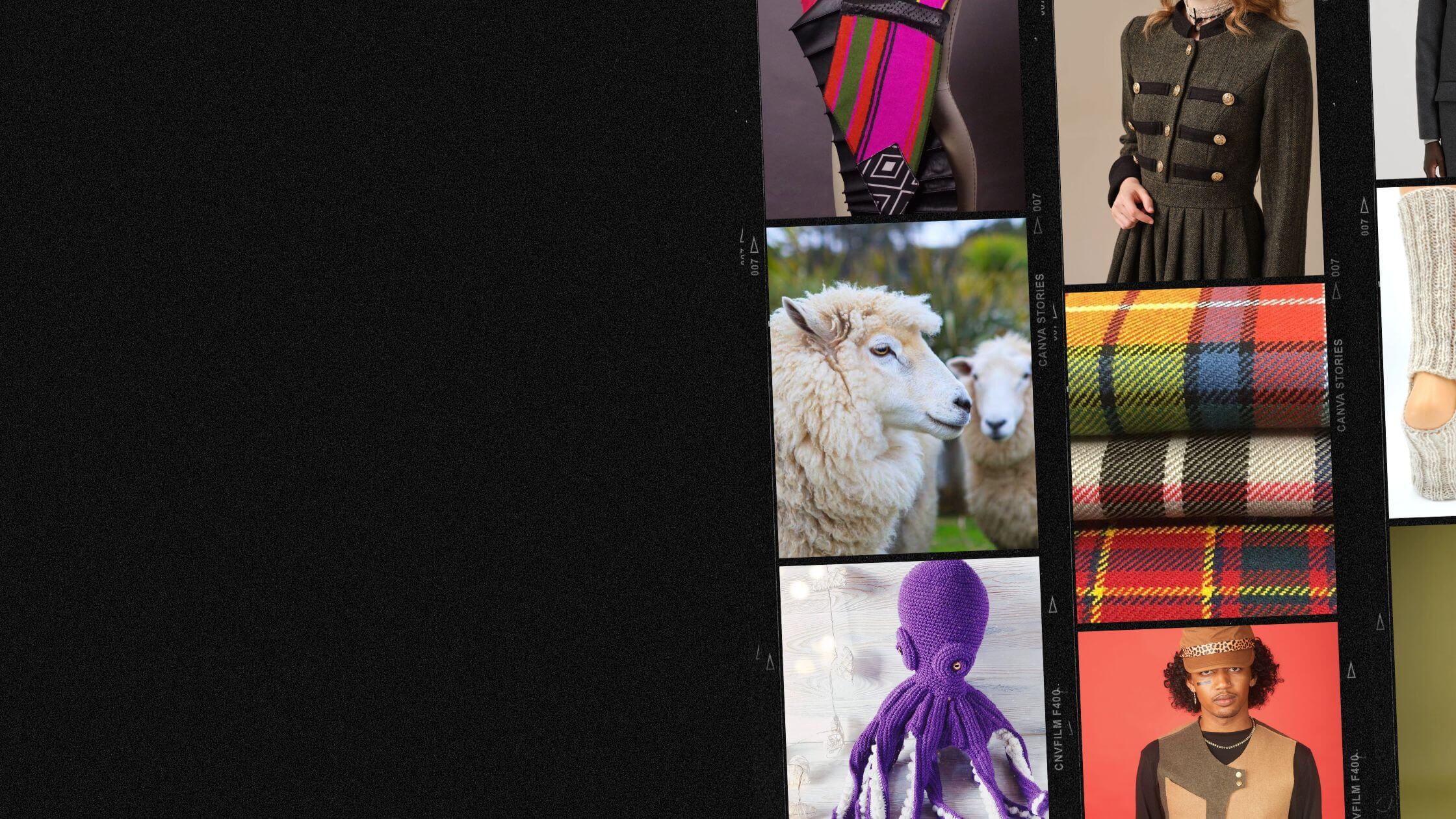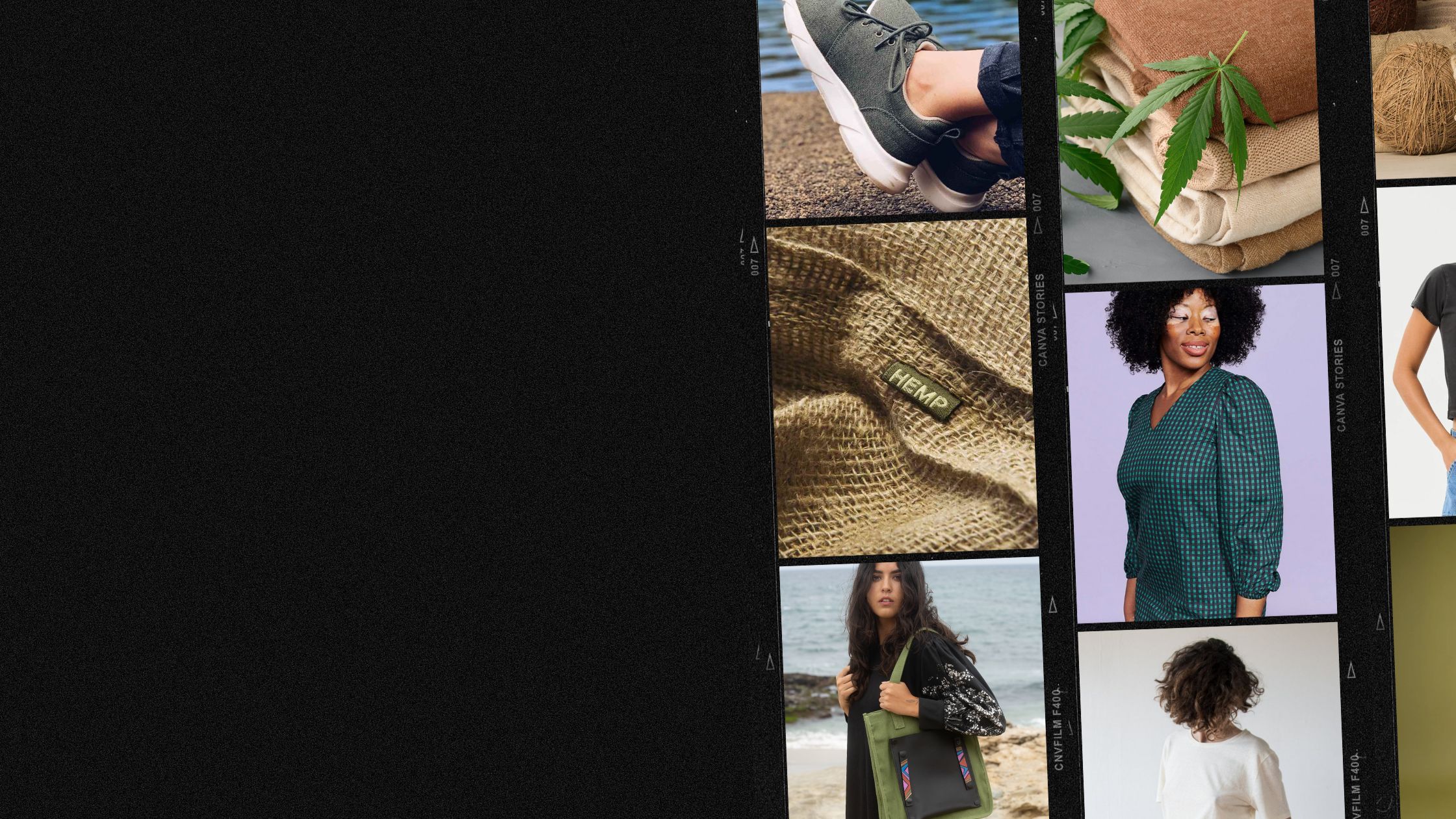Modal is a semi-synthetic fibre which is soft, comfortable, breathable, and is a great moisture absorbing material. Modal is wear resistant and can be machine washed and tumble dried without shrinking. No wonder why many sustainable brands use modal in their lingerie and activewear products as an eco-friendly alternative to viscose.
Disclaimer: Sparkpick has affiliate partnerships and may receive a share of the revenue from your purchase at no additional cost to you. Thank you for supporting our work and sustainable fashion.
What is Modal Fabric and Can It Be Sustainable?
Modal is a semi-synthetic fiber known for its softness, breathability, and impressive moisture-wicking properties, making it a popular choice for lingerie, activewear, and other comfortable clothing. It’s also durable—modal is resistant to wear and tear, and it can be machine washed and tumble dried without shrinking or losing its shape. Because of these qualities, many sustainable fashion brands have turned to modal as an eco-friendly alternative to traditional viscose. However, while modal has its benefits, it’s not always the most sustainable choice. Let’s dive into why—and how—modal can be more eco-friendly.
The Origins of Modal
Developed in Japan in 1951, modal was originally created to be a stronger version of traditional rayon. Like rayon, modal is made from cellulose fibers extracted from wood pulp, usually from beech trees. The process involves chemically breaking down the wood to create a versatile fabric that feels incredibly soft against the skin.
While modal offers great functionality, it’s not inherently sustainable. The production of modal shares two main environmental challenges with viscose: the risk of deforestation and the use of harmful chemicals.
- Deforestation Risks: Traditional modal production can contribute to the destruction of native forests, especially when trees are harvested unsustainably. This loss of forests harms biodiversity and contributes to climate change.
- Chemical Processing: Another major issue is the chemical-heavy process used to turn wood pulp into fabric. Like viscose, modal production often involves toxic chemicals and heavy metals that, when not properly managed, can pollute waterways and harm both the environment and workers’ health.
Can Modal Be Sustainable?
The good news is that modal fabric can be made more sustainable. This happens when manufacturers source wood from renewable forests and use environmentally responsible chemical processes. One company leading the charge in sustainable modal production is Lenzing AG, an Austrian company that introduced TENCEL™ Modal (formerly known as Lenzing Modal) in 1964.
TENCEL™ Modal is made from sustainably harvested beech trees and uses an eco-friendly bleaching method during pulp production. Unlike conventional modal, TENCEL™ Modal has a much smaller environmental footprint. Here’s why:
- Sustainably Sourced Wood: Lenzing sources its wood from renewable, responsibly managed forests, ensuring that modal production does not contribute to deforestation.
- Closed-Loop Production: Lenzing’s modal production occurs in a closed-loop system, which recycles and reuses the chemicals involved, reducing pollution and environmental impact.
- Water Efficiency: Modal, particularly TENCEL™ Modal, uses significantly less water than cotton. It requires 10-20 times less water, making it a more sustainable option compared to water-intensive fabrics like cotton.
- Carbon Neutrality: TENCEL™ Modal is also considered carbon-neutral, meaning its production does not significantly contribute to greenhouse gas emissions.
Video credit: Lenzing Group
How to Buy Modal Sustainably
If you’re looking to make sustainable fashion choices, opting for certified modal fabrics is key. Here’s what to look for:
- TENCEL™ Modal: This is the gold standard for sustainable modal. Look for brands that specify they use TENCEL™ Modal, as this guarantees that the modal has been produced with eco-friendly practices.
- Certifications: Check for certifications such as OEKO-TEX®, which ensures that the fabric has been tested for harmful chemicals, and FSC (Forest Stewardship Council) certification, which ensures that the wood is sourced from responsibly managed forests.
Conclusion: Modal Can Be Eco-Friendly
While traditional modal production has its environmental drawbacks, advancements in sustainable practices—especially through companies like Lenzing—are making modal a more eco-friendly fabric. By choosing TENCEL™ Modal or other sustainably produced options, you can enjoy the comfort and durability of modal without contributing to deforestation or pollution. As with any fabric, the key is to research brands and make informed decisions that align with your values.
Need help curating your sustainable wardrobe? Sparkpick’s stylists are here to assist! Book a free consultation and start your journey toward eco-friendly fashion today.
Disclaimer: Sparkpick has affiliate partnerships and may receive a share of the revenue from your purchase at no additional cost to you. Thank you for supporting our work and sustainable fashion.
-
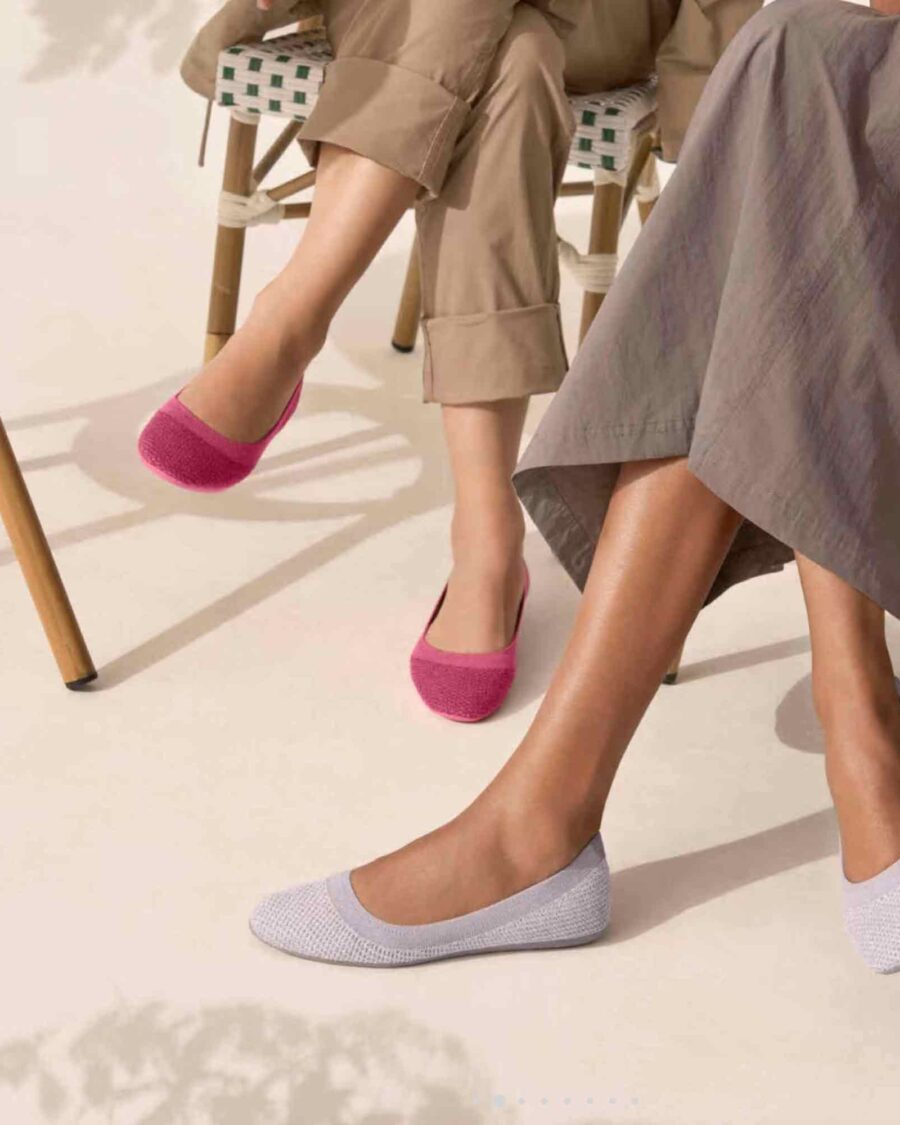 View AllbirdsCasual flats
View AllbirdsCasual flats
$100.00 -
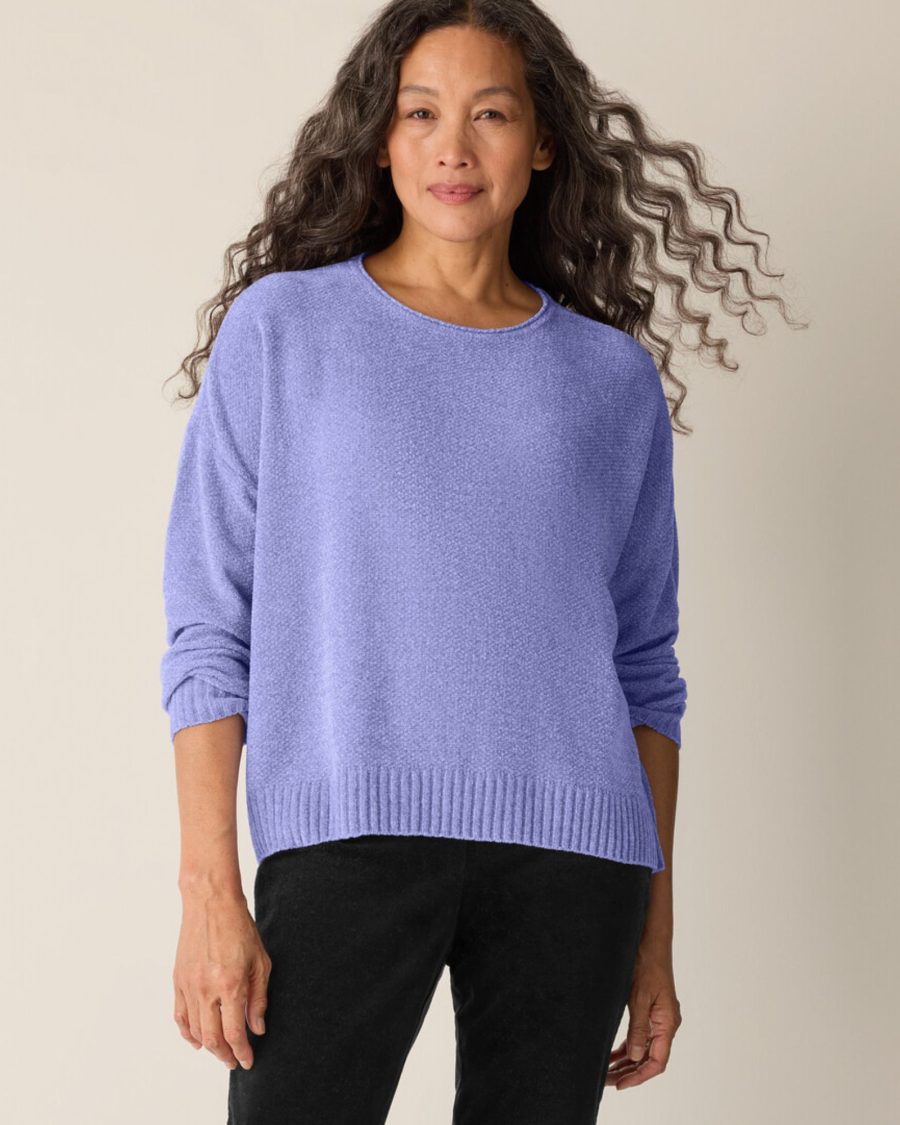 View Eileen FisherCrew neck top
View Eileen FisherCrew neck top
$298.00 -
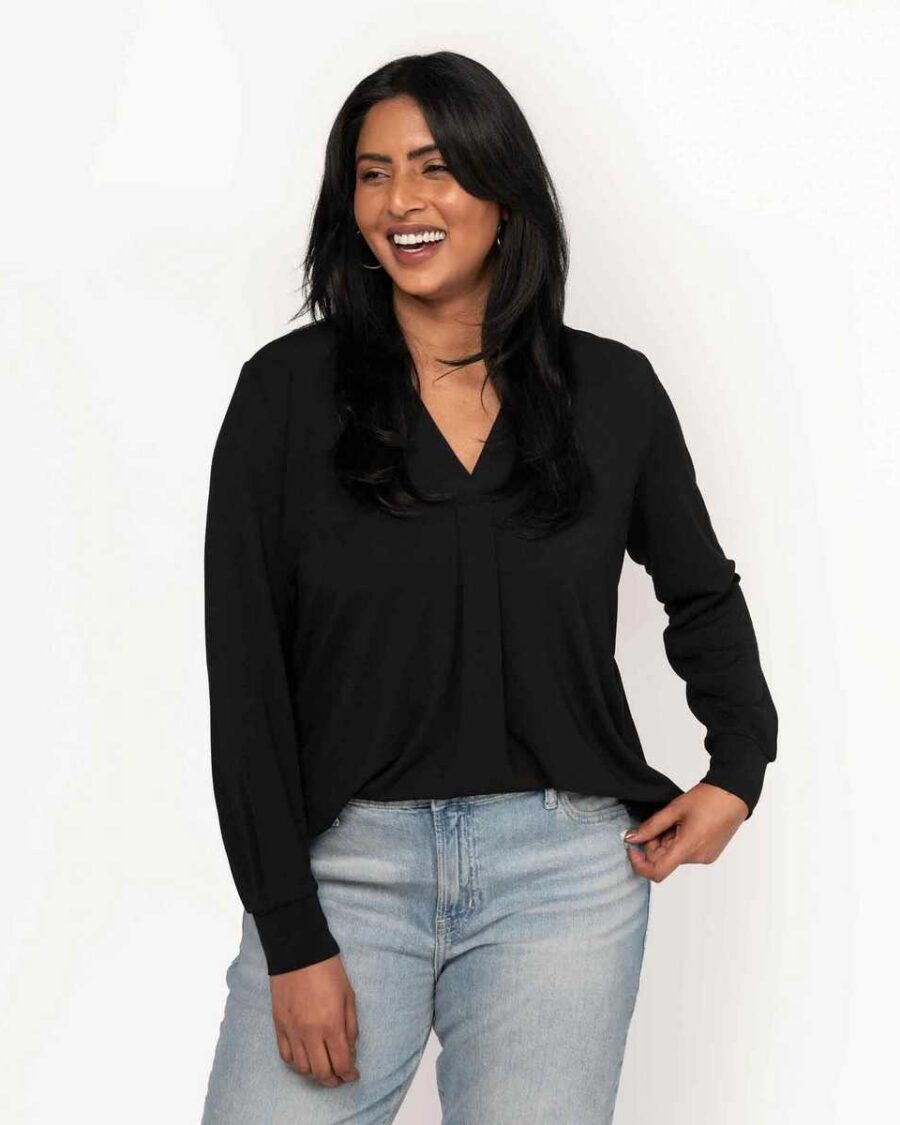 View EncircledDress shirt
View EncircledDress shirt
$174.00 -
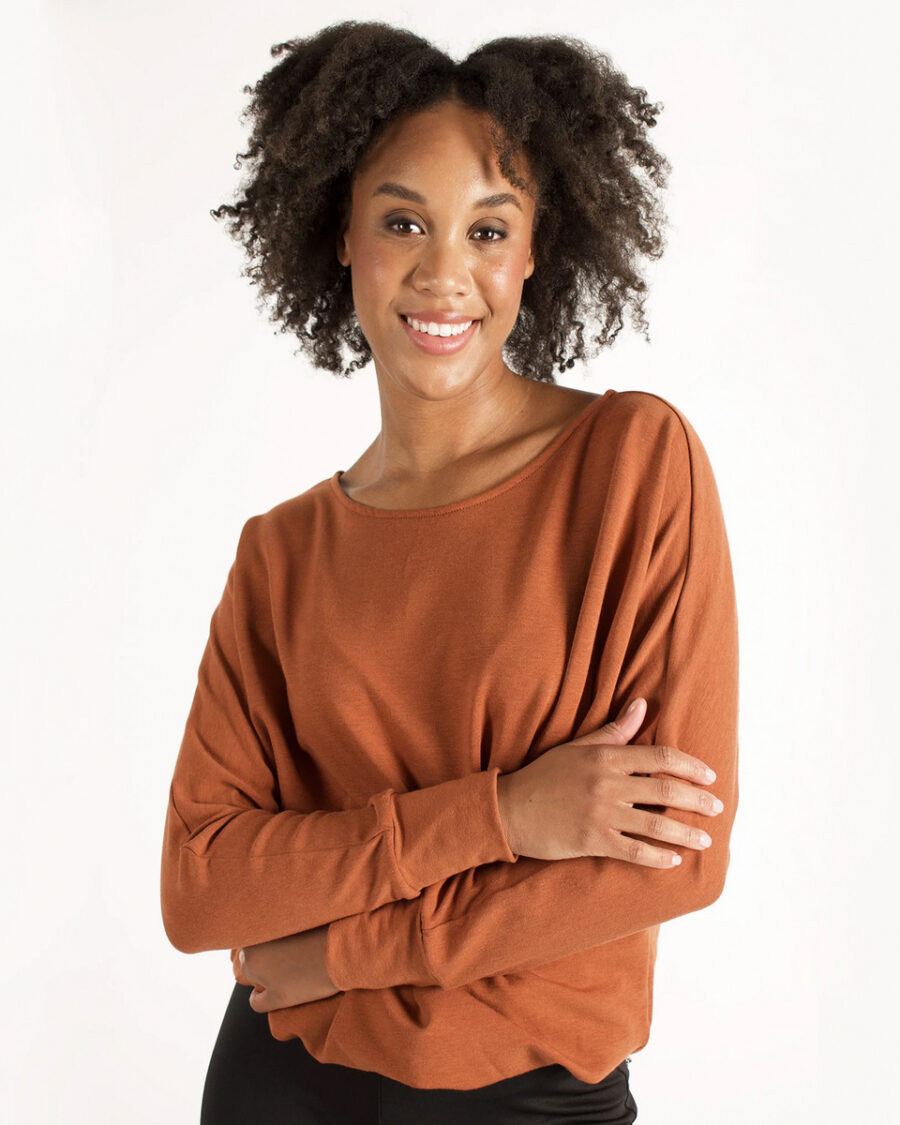 View EncircledDressy sweatshirt
View EncircledDressy sweatshirt
$157.00 -
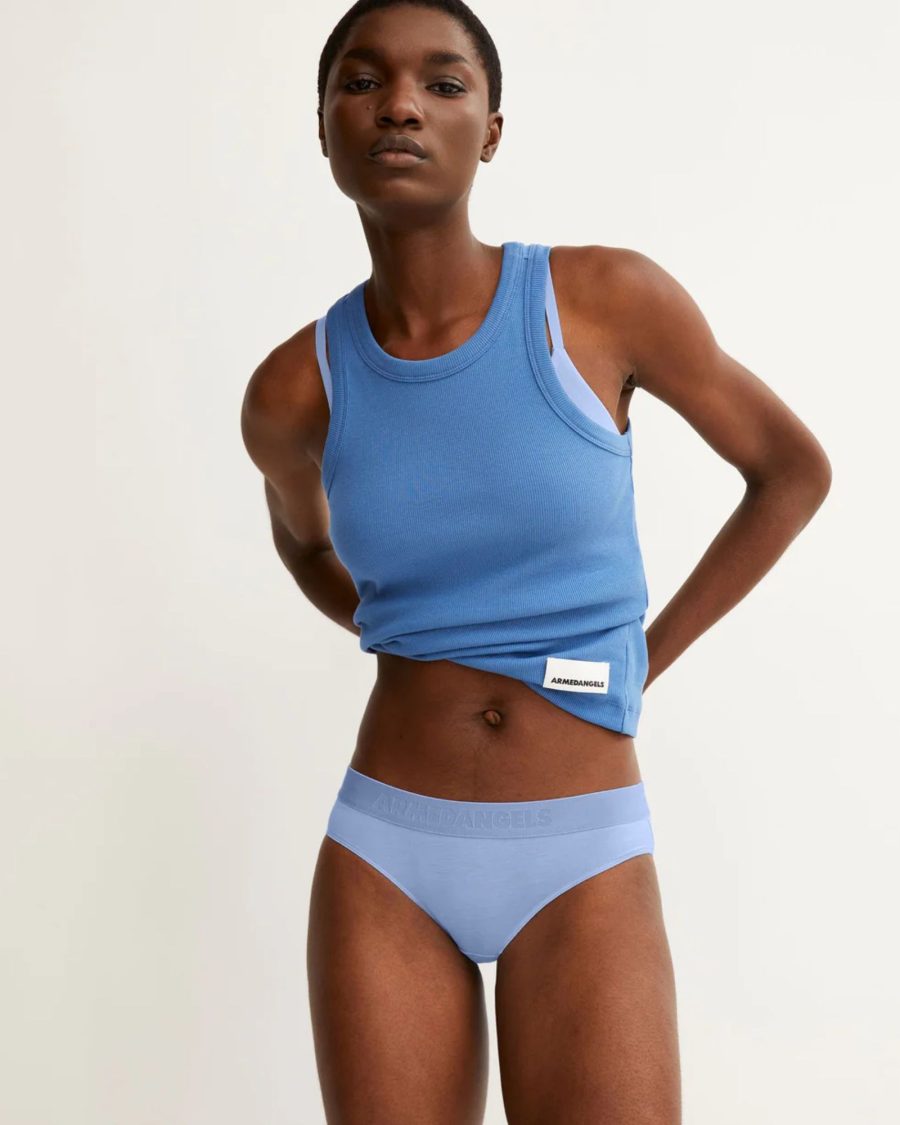 View ArmedangelsEco-friendly brief
View ArmedangelsEco-friendly brief
$20.00 -
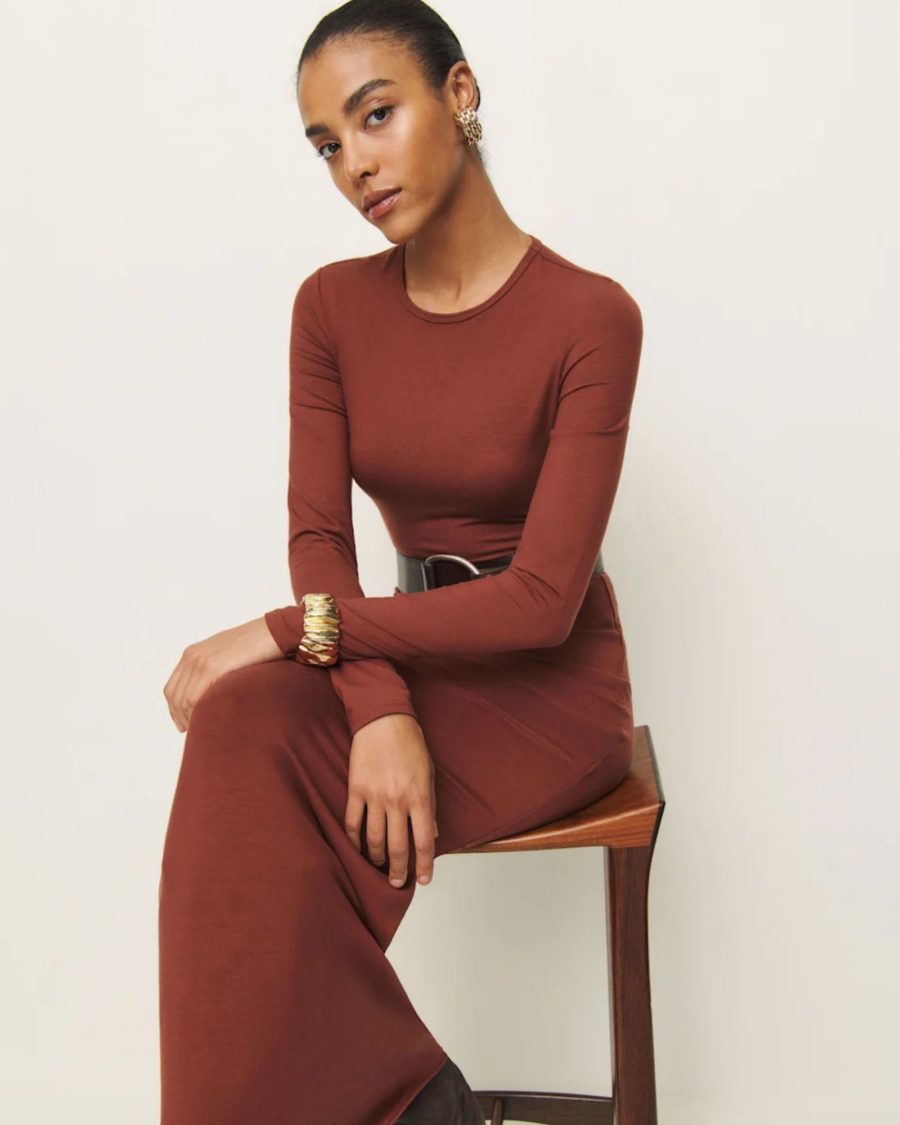 View ReformationKnit dress
View ReformationKnit dress
$198.00 -
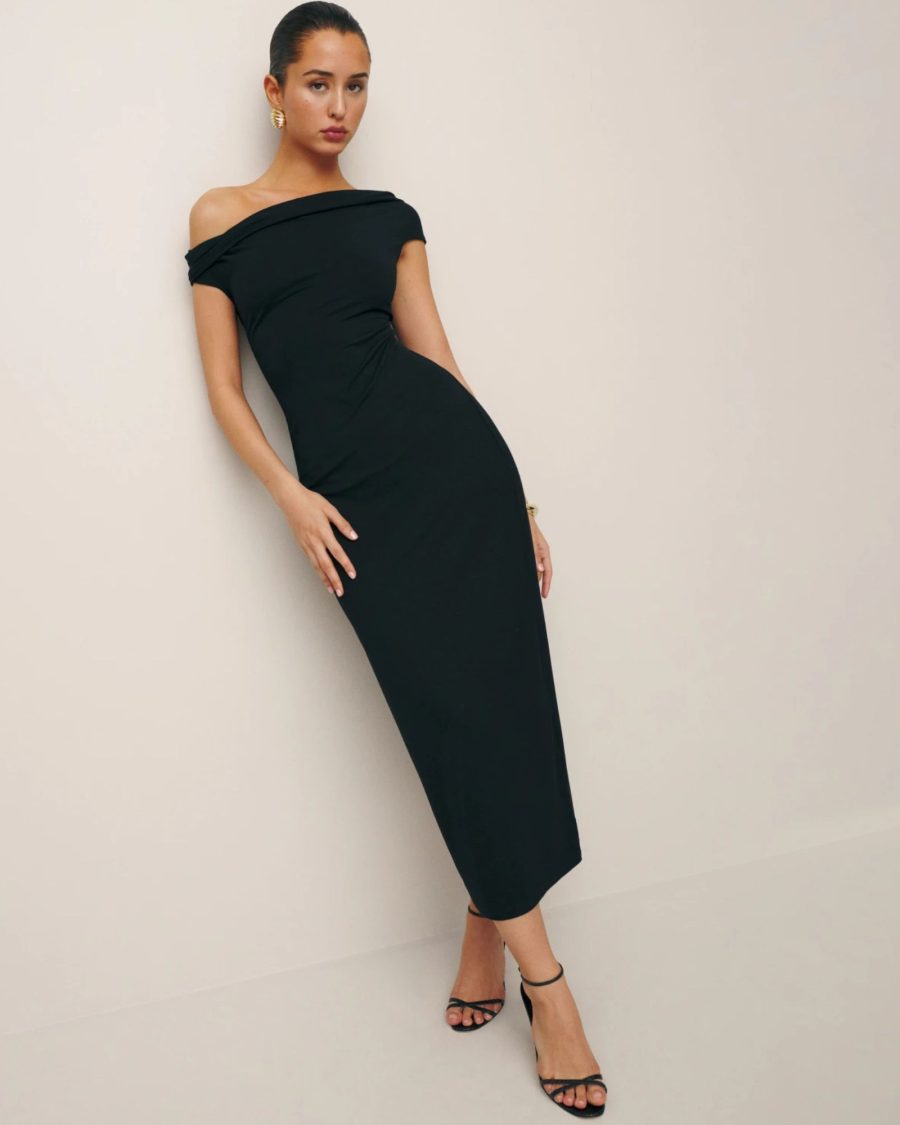 View ReformationKnit dress
View ReformationKnit dress
$178.00 -
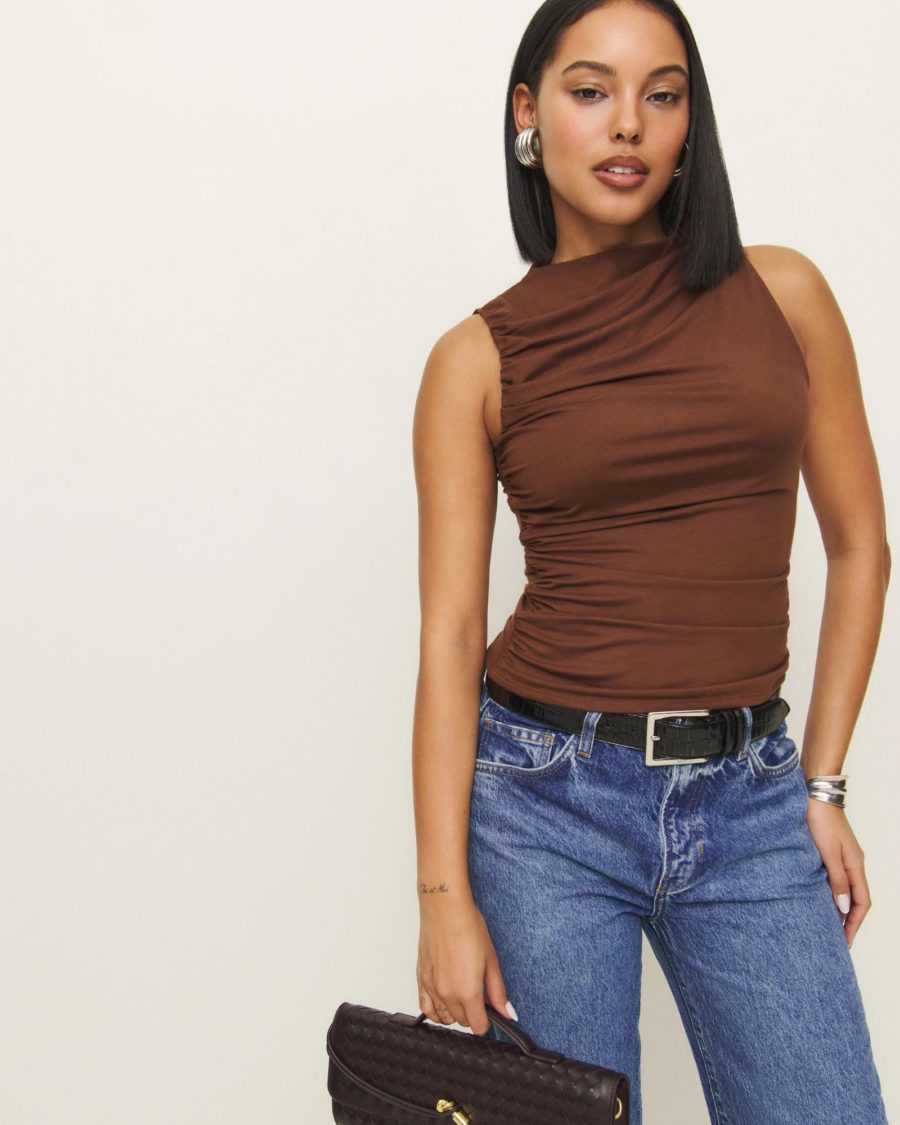 View ReformationKnit top
View ReformationKnit top
$68.00 -
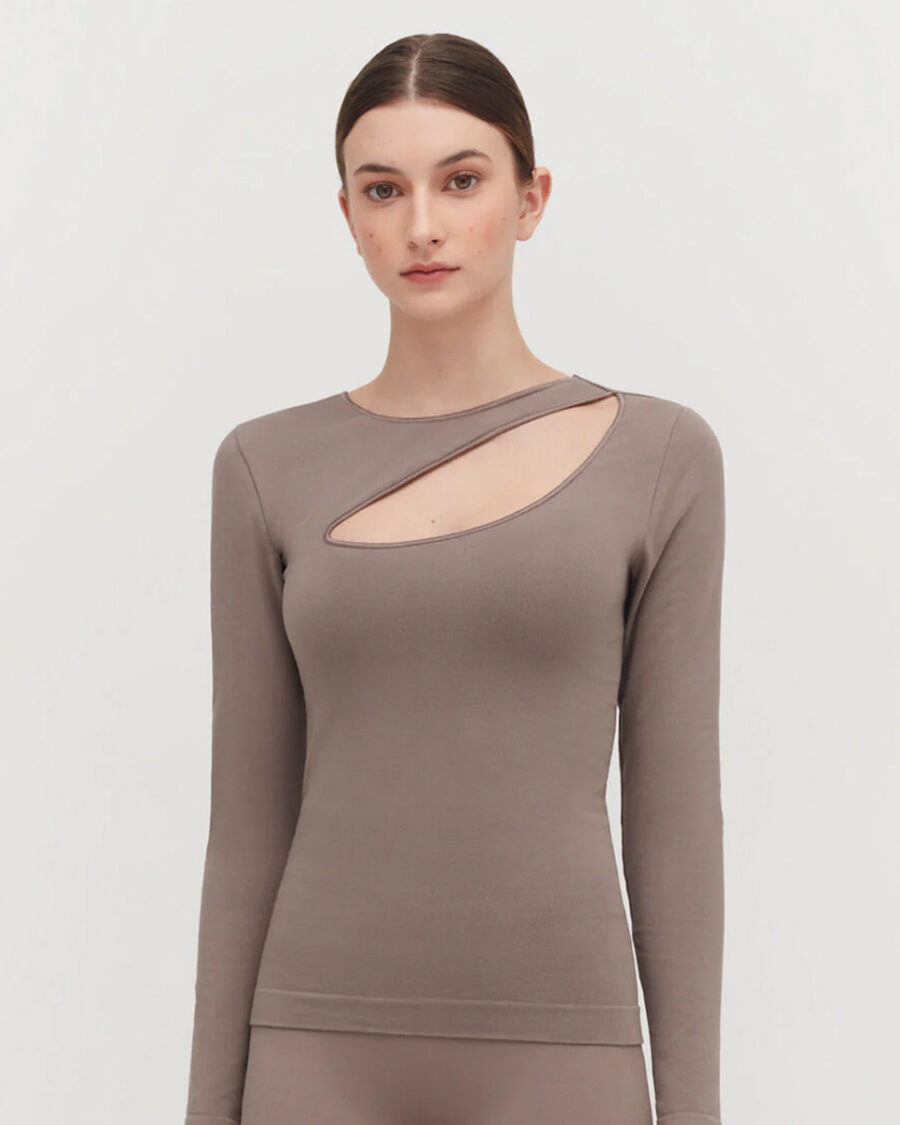 View CuyanaLong sleeve tee
View CuyanaLong sleeve tee
$78.00 -
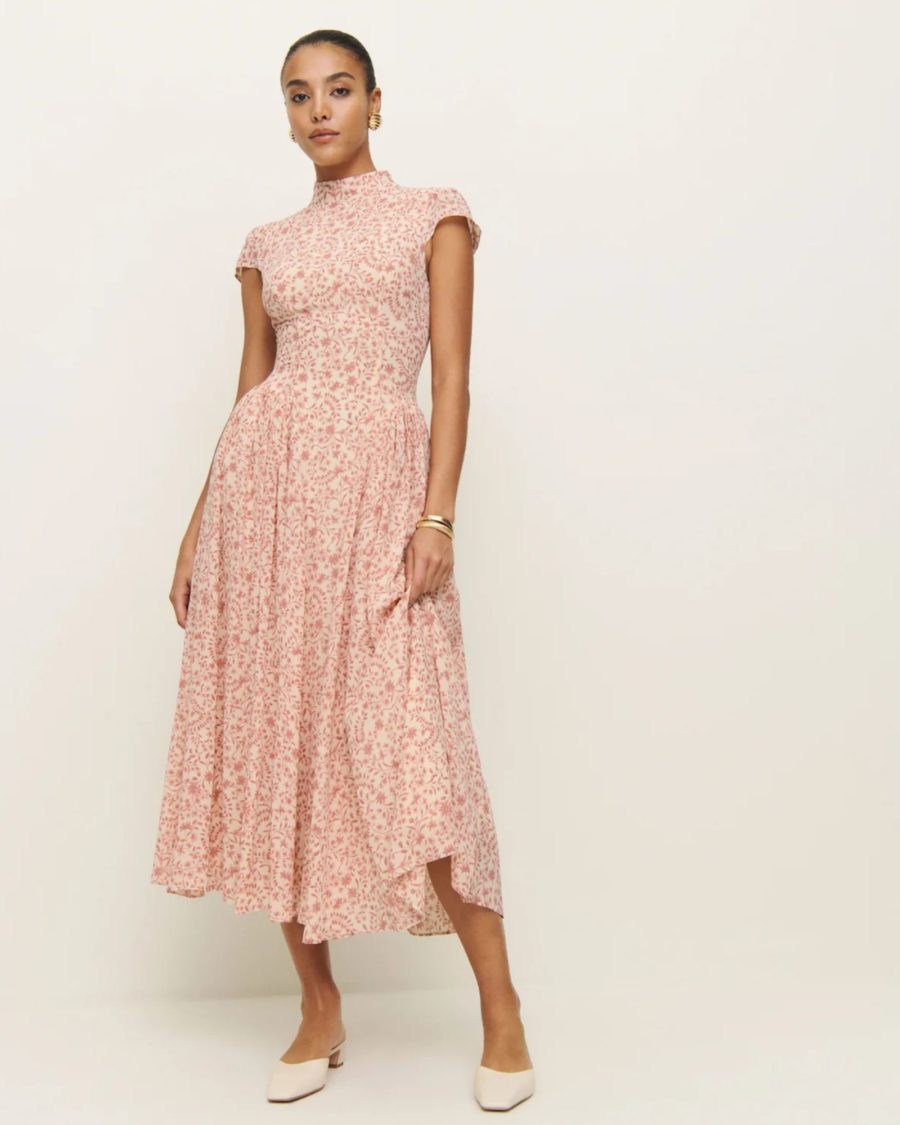 View ReformationMaven dress
View ReformationMaven dress
$278.00 -
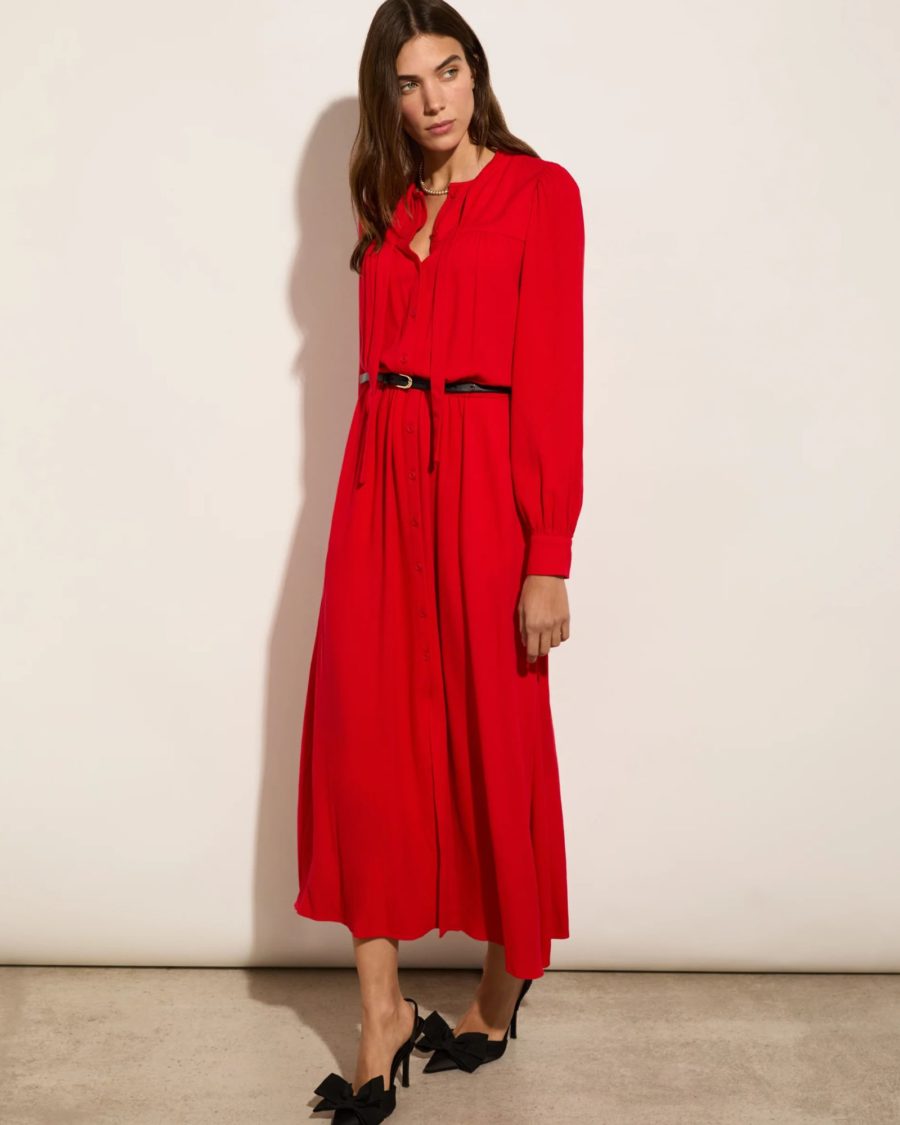 View BaukjenMidi dress
View BaukjenMidi dress
$181.00 -
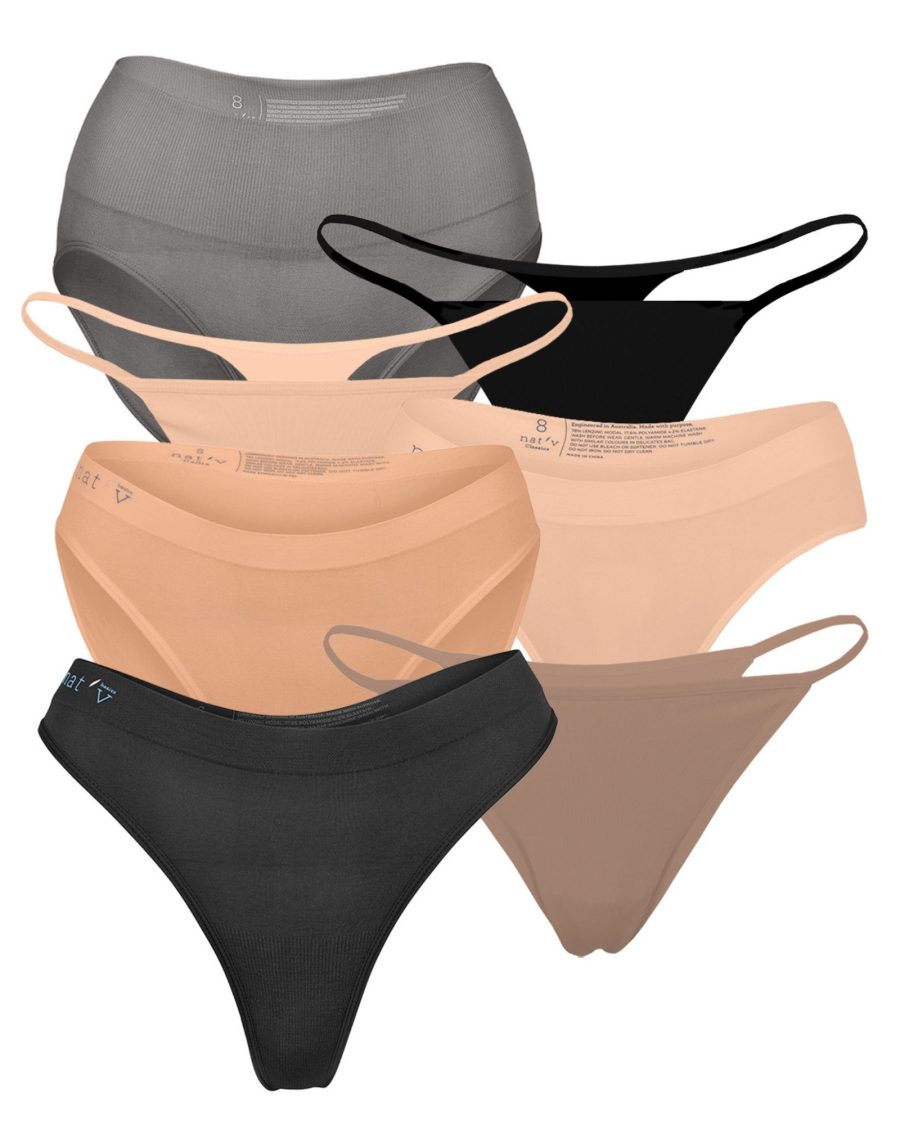 View nat’v basicsMixed brief set
View nat’v basicsMixed brief set
$69.00 (On sale) -
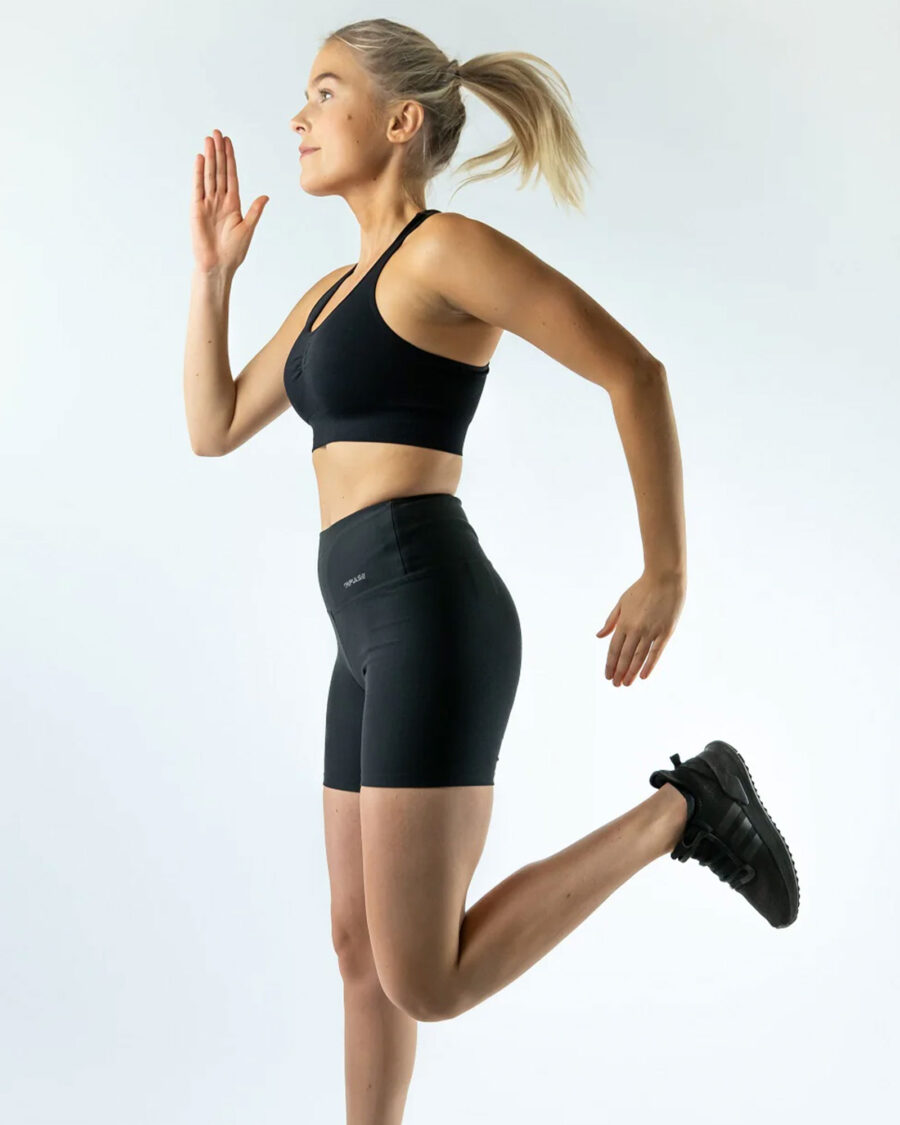 View TripulseModal biker shorts
View TripulseModal biker shorts
$65.00 -
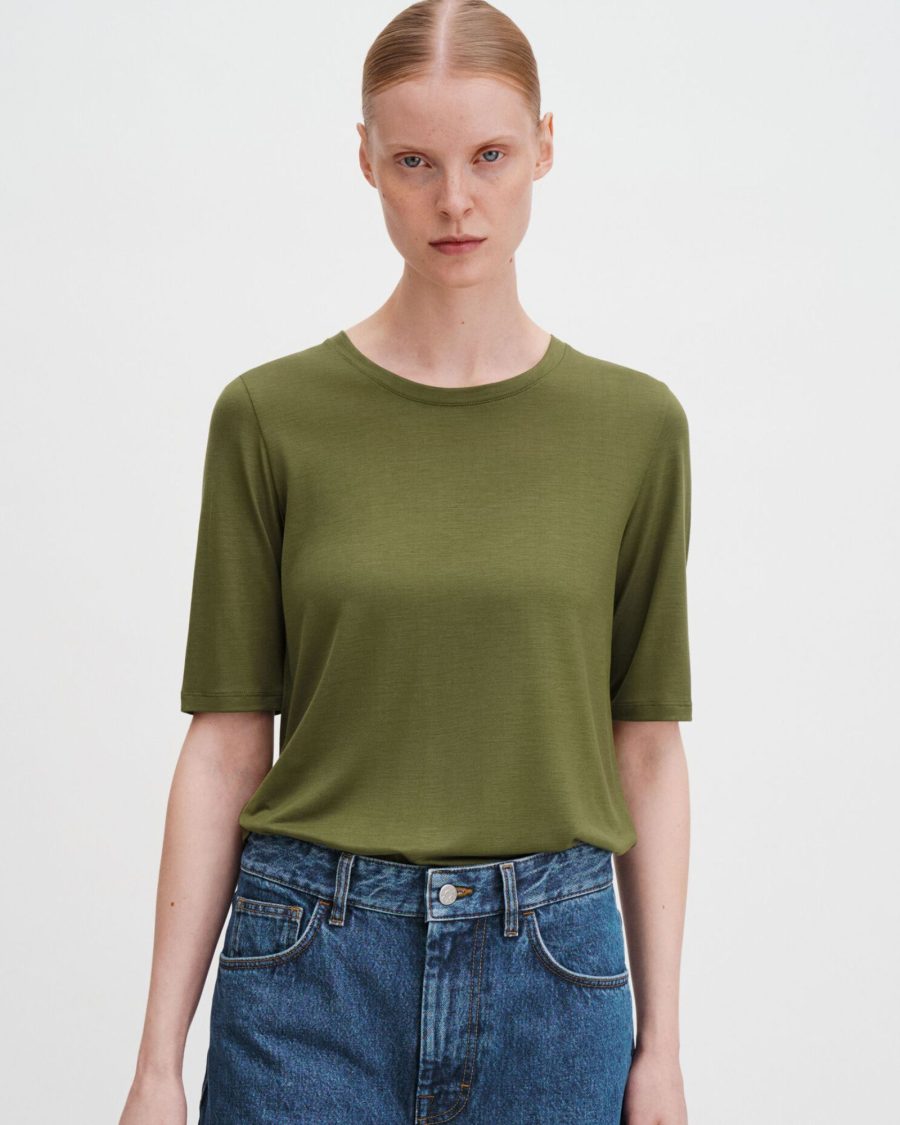 View Filippa KSimple tee
View Filippa KSimple tee
$100.00 -
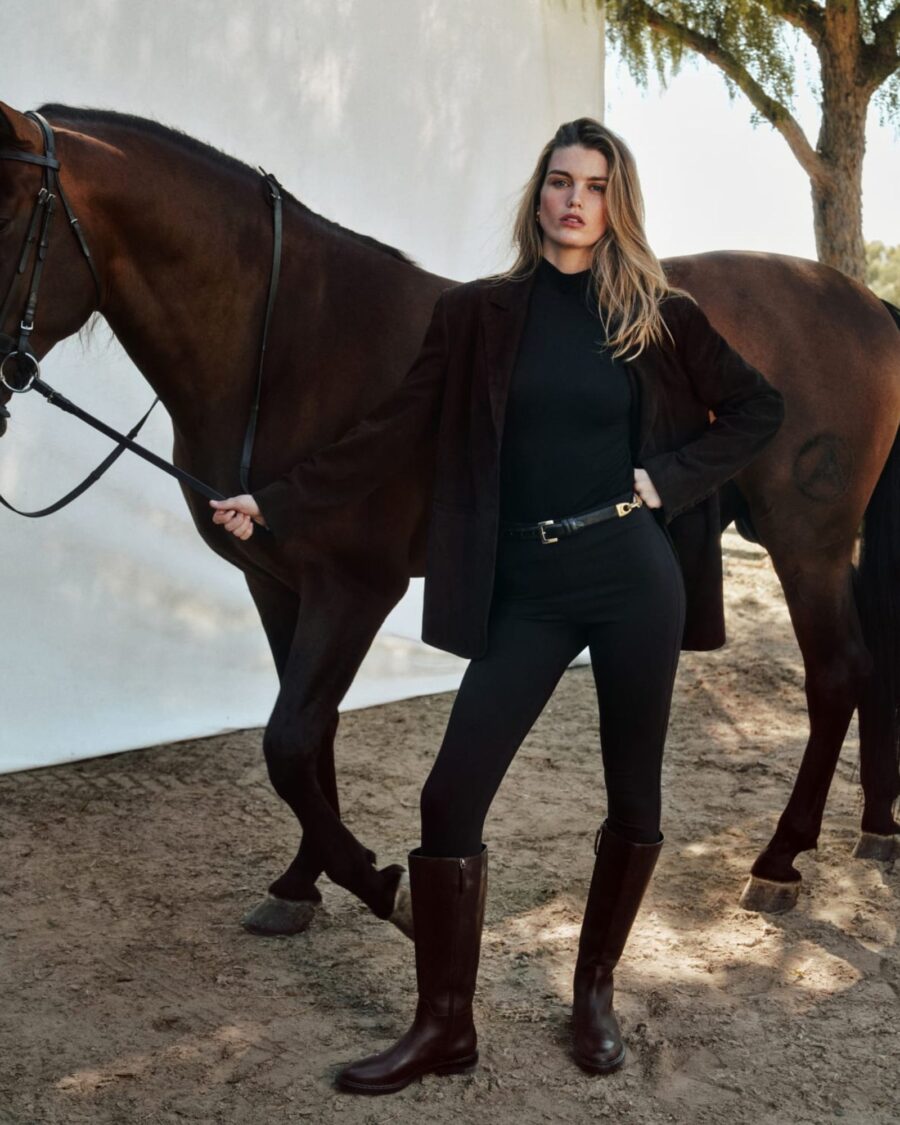 View ReformationStraight pants
View ReformationStraight pants
$198.00 -
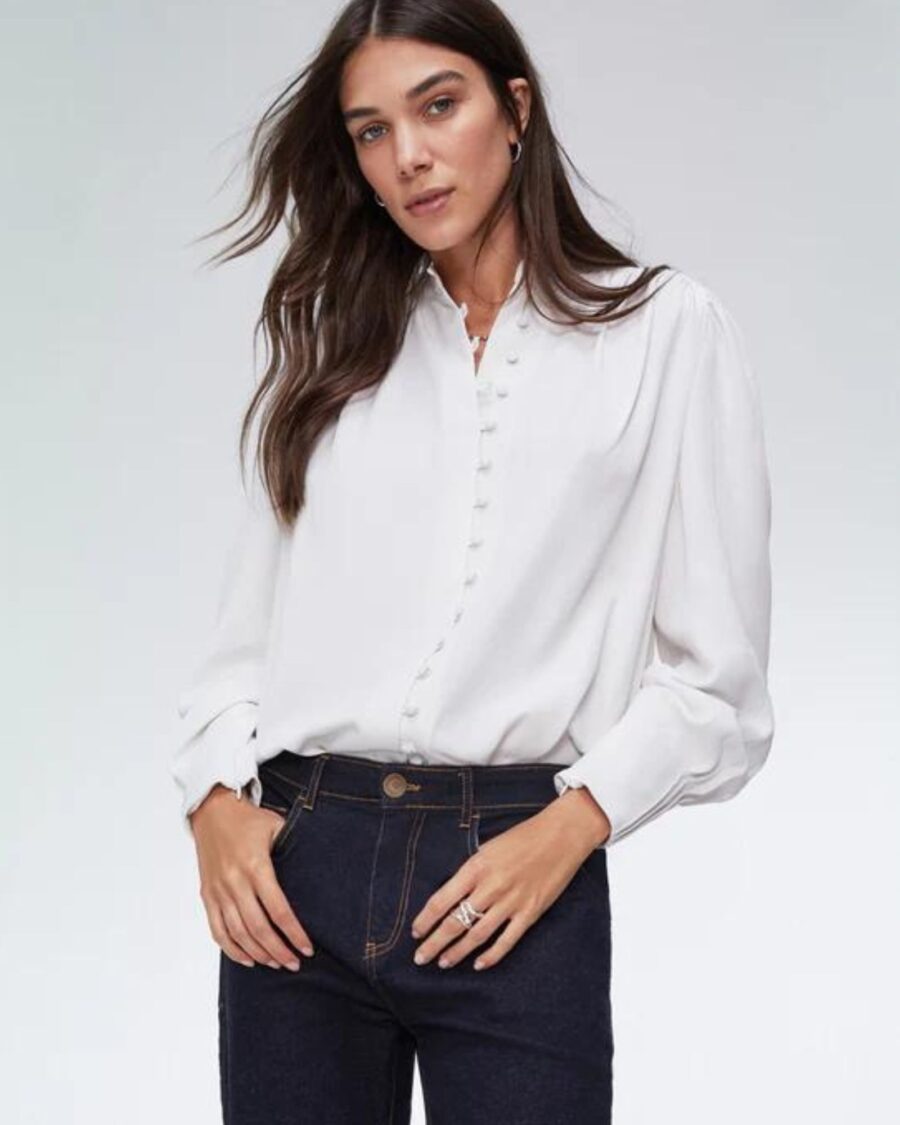 View BaukjenTencel shirt
View BaukjenTencel shirt
$156.00 -
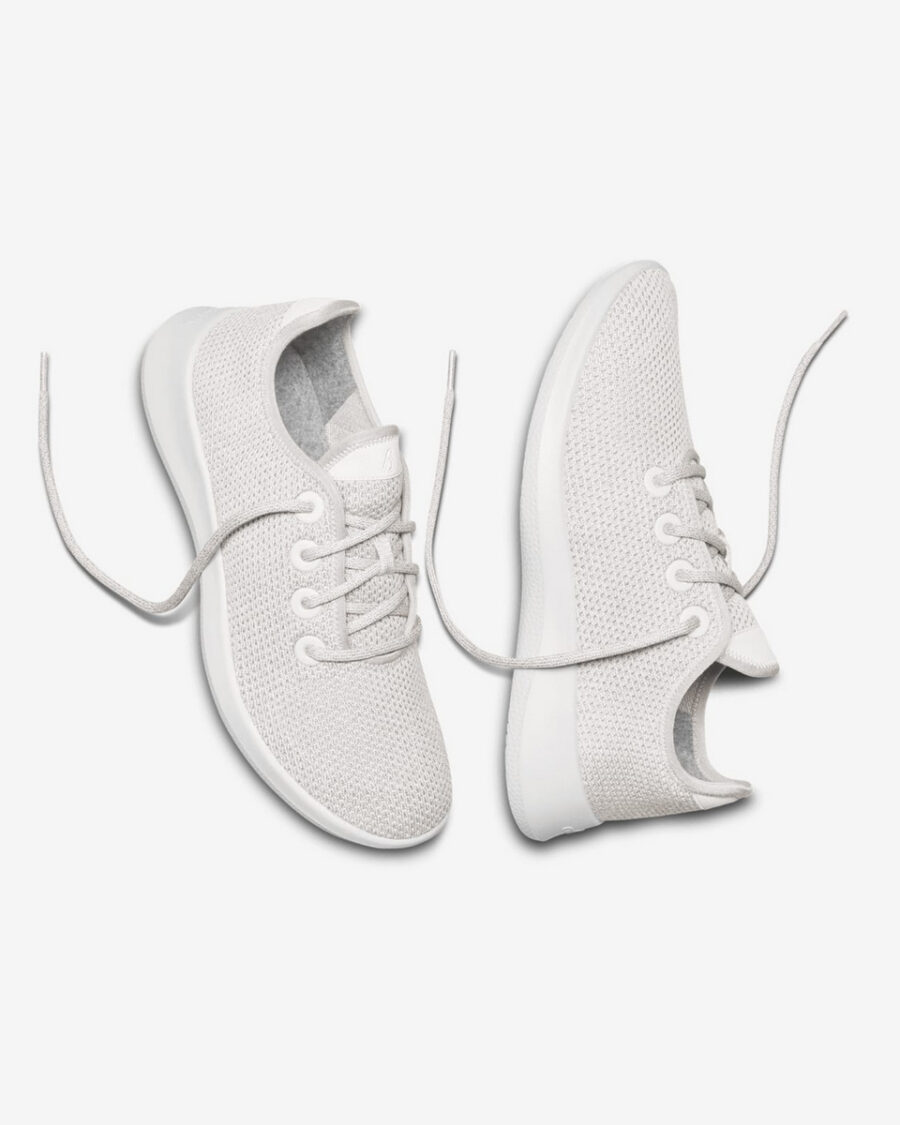 View AllbirdsTree runners
View AllbirdsTree runners
$98.00 -
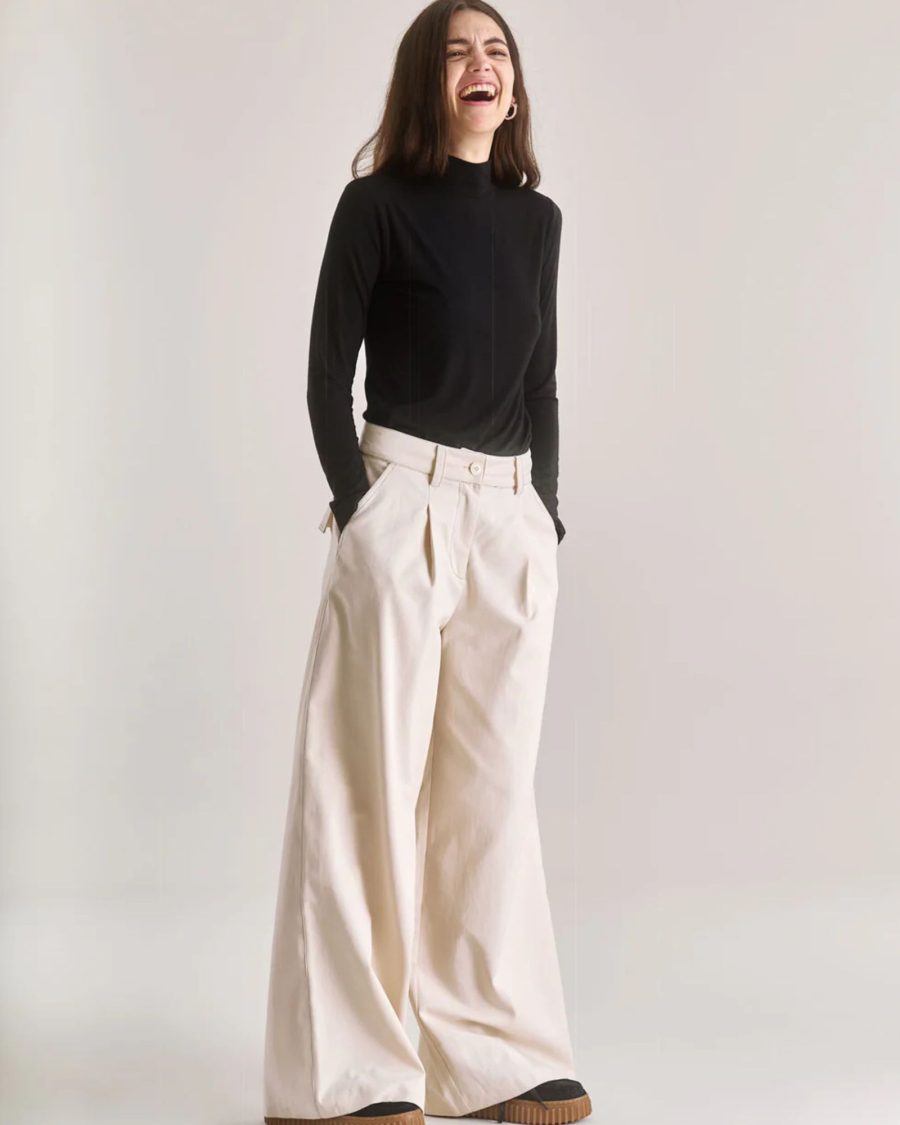 View KOMODOWide pants
View KOMODOWide pants
$110.00 (On sale)






